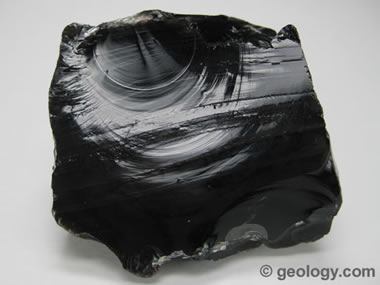In literature, as well as in life, each season has unique symbolism which is reflected by the different emotions and impact they have on the characters. Spring is represents the person's birth and childhood, since it is time when the leaves and flowers begin to bloom. Then comes summer, which symbolizes the jolly, exciting and fresh youth. Afterwards is autumn that exemplifies through its falling leaves and dying trees the period of middle age of a person, when they start to seek the end of their life. Finally comes winter, which symbolizes death and old age since everything is dead and covered with snow.
This symbolism plays a substantial role in The Road, since both of its characters are looking for a place to escape winter (death). They are currently submerged in a transition stage where they are slowly moving from autumn to winter, which is described by this poem. Through the following conversation, McCarthy shows the denial the man has towards death, meanwhile the boy is starting to accept it as their innevitable destiny:
You think we're going to die, dont you?I dont know.We're not going to die.Okay.But you dont believe me.I dont know.Why do you think we're going to die?I dont know.Stop saying I dont know.Okay.Why do you think we're going to die?We dont have anything to eat.We'll find something.Okay.How long do you think people can go without food?I dont know.But how long do you think?Maybe a few days.And then what? You fall over dead?Yes.Well you dont. It takes a long time. We have water. That's the most importantthing. You dont last very long without water.Okay.But you dont believe me.I dont know.He studied him. Standing there with his hands in the pockets of the outsizedpinstriped suitcoat.Do you think I lie to you?No.But you think I might lie to you about dying.Yes.Okay. I might. But we're not dying.Okay." (pg 100 - 101)














